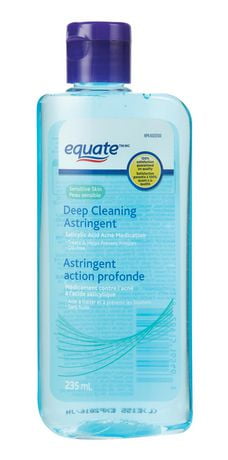

Our information sheet explains whether you need to register with AICIS if you make or import cosmetics. Chemicals that meet our definition of a ‘naturally occurring chemical’ are still industrial chemicals, but are excluded from some legal obligations. It’s important to note that almost all cosmetic ingredients are regulated as industrial chemicals, including those described as 'natural' or 'organic' such as oils, extracts and plant essences. If you’re not sure, our decision tool can help you determine whether your product is a cosmetic or therapeutic good.Ĭomplete our self-guided decision tool: Is my product a cosmetic? Learn more about the difference between cosmetics and therapeutics.

These ingredients are therefore considered to have an 'industrial' use.


Learn more about how we define an article. However, items such as tissues, cotton swabs and nail files are defined as ‘articles’ and are not regulated as industrial chemicals. A cosmetic is defined in our legislation as a substance or preparation intended for placement in contact with any part of the human body, including the mucous membranes of the oral cavity and the teeth, with a view to:Ĭosmetics include soap, shampoo and conditioner, moisturiser, 'bath bombs', hair dye, perfume, lipstick, mascara, nail polish, deodorant and many other products. Most personal care, skin care, make-up and cosmetic products may be described as ‘cosmetics’. For information about cosmetics labelling, cosmetic product safety and reporting unsafe products, please refer to the ACCC's Product Safety website What are personal care, skin care, make-up and cosmetic products?


 0 kommentar(er)
0 kommentar(er)
